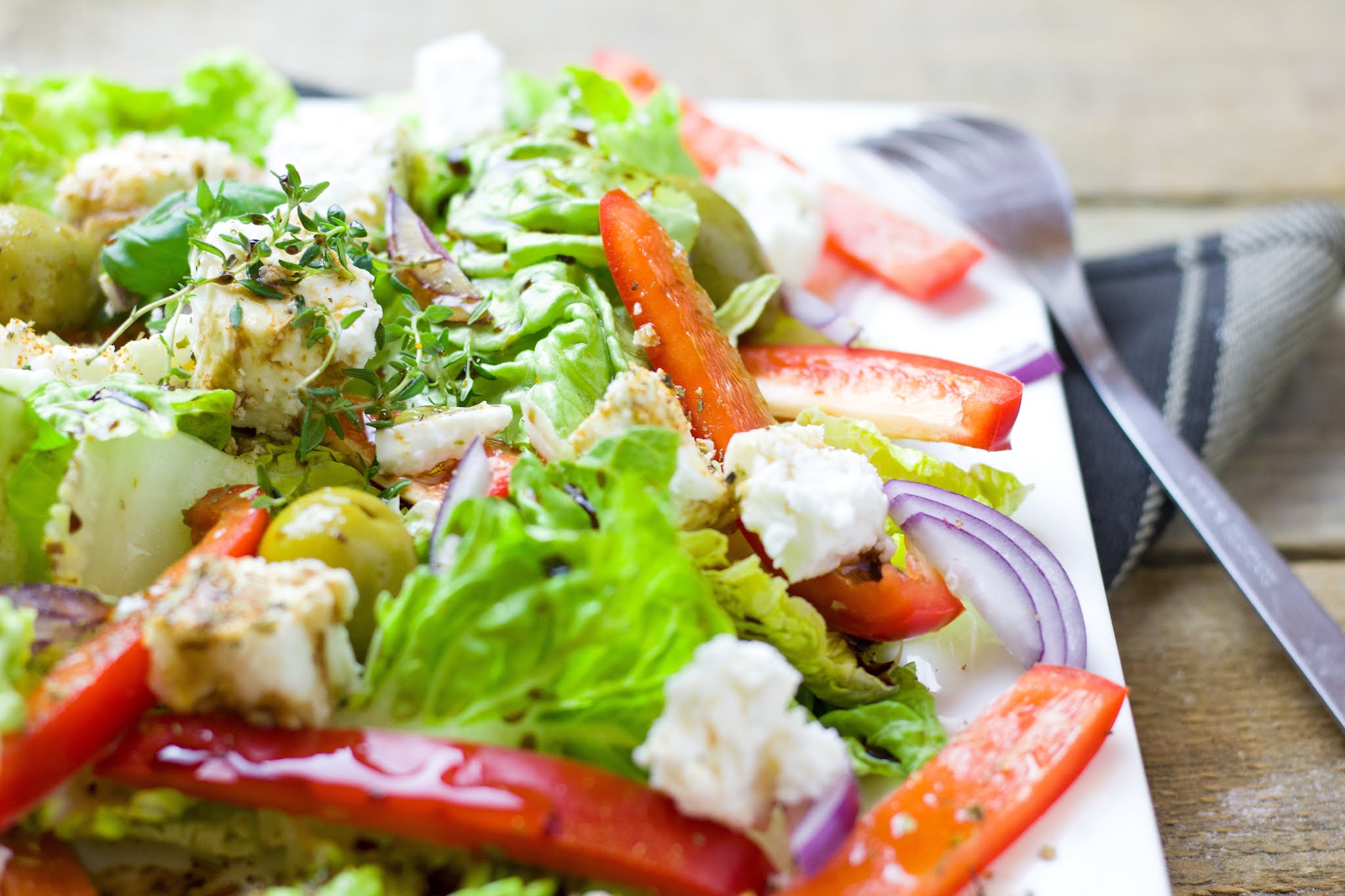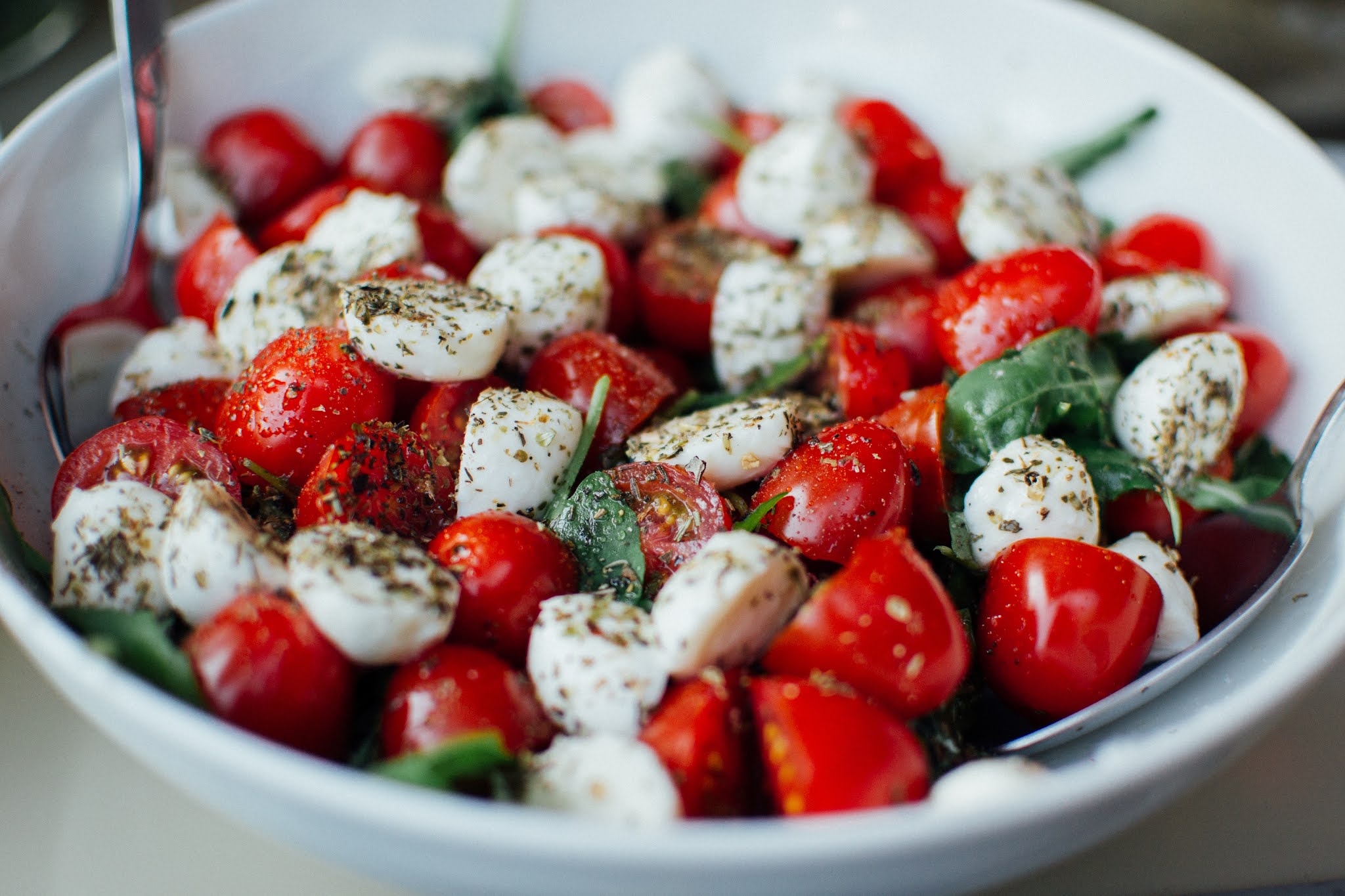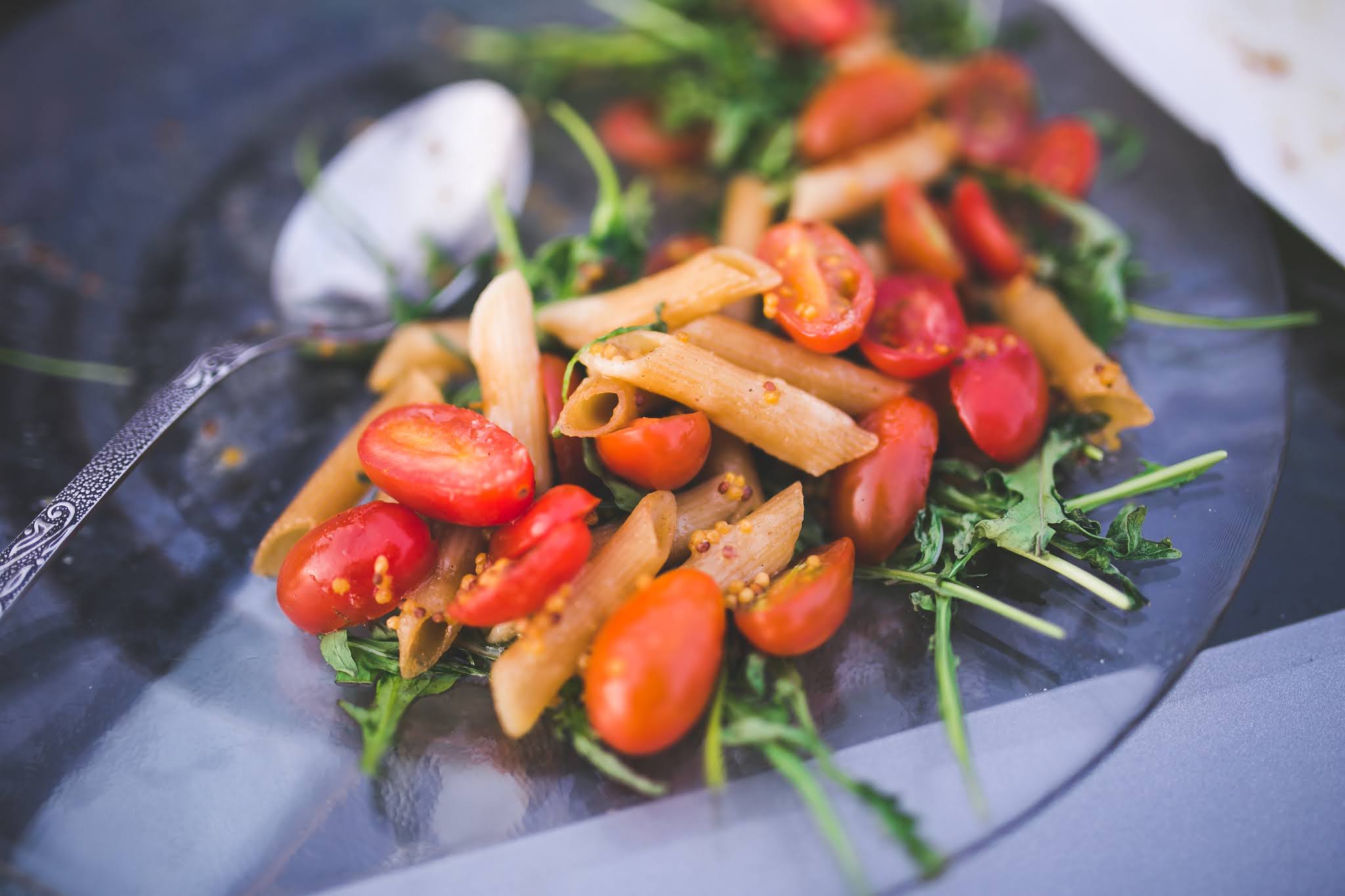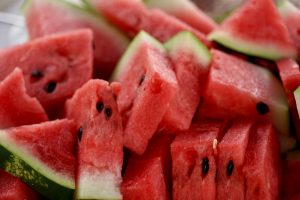Welcome to Synergy Health Management LLC.
Mediterranean Diet Information
Have you ever heard of the Mediterranean diet?
It is a very popular style of ethnic cuisine that follows the dietary traditions of the people of Greece, Spain, and southern Italy. Because of their proximity to, and around, the Mediterranean Sea, the menus, dishes, and diets based off of it are called Mediterranean.
When American Doctor Ancel Keys landed in Greece in 1945, he began to study the local culture and discovered that the people of Greece and Spain had longer life expectancy other countries and didn’t have any major health problems. It was only logical to take a look at the foods they were eating.

What Is The Mediterranean Diet?
The diet of the locals mainly consists of food from plant sources – locally grown, minimally processed, freshly eaten, and seasonal. They consume very little food from animal sources.
The most common foods are fresh fruits, vegetables, sea fish, herbs, bread, grains, nuts, and seeds. They also make use of non-refined oils like olive oil, and this makes up about 25% to 35% of the fat that they consume.
Although they don’t use much saturated fat in their diet, the communities around the Mediterranean Sea enjoy moderate amounts of cheese and yogurt, honey, and fresh fruits for desserts.
How To Incorporate Mediterranean Eating Habits In Your Life
Taking on a Mediterranean Diet can be beneficial but can take some getting used to if you are accustomed to a meat-heavy or western-style menu. The biggest changes you may have to make is a substantial increase in the vegetables you consume and a substantial decrease in the meats you consume.
You may find that you already include some of the common vegetables in your diet, and by including the other ones, too, you’ll see vegetables take up more and more space on your plate!
Vegetables that Mediterranean cuisine focuses on are spinach, lettuce, cauliflower, broccoli, white peach, bell pepper, carrot, beetroot, tomato, onion, shallots, scallions, green onion, celery, eggplant, capers, cucumber, lemon, zucchini, white and red cabbage, mushroom, grapevine leaves, artichokes, potatoes (less preferred), sweet corn (less preferred), and gherkin.

Remember, vegetables are eaten fresh or minimally processed. You should be taking in at least 1 pound of veggies at a time and eating red meat sparingly. Preferably lamb, goat, or none at all.
Local fruits are mainly grapes, raisins, olives, avocado, strawberries, raspberries, currants, blueberries, orange, apple, pear, figs, pomegranates, dates, passion fruits, cherries, apricot, grapefruit, peach, prunes, quince, bergamot, and plums. (Imagine the smoothies you can make!!!) These can be enjoyed with meals, as snacks, or for dessert!
Don’t think you have to give up grains to embrace this lifestyle! Enjoy the benefits of organic, high-fiber whole grains with pasta, fresh breads, couscous, rice, polenta, bulgur etc. Add even more bulk with legumes like carob, peas, beans, lima beans, chickpea and lentils.
Like to spice your food up a bit? Mediterranean food is usually full of a variety of herbs and spices including anise, basil, bay leaves, borage, peppercorns, garlic, chilies, chamomile, chervil, chives, dill, fennel, lavender, marjoram, mint, nutmeg, oregano, parsley, sesame seeds, rosemary, sage, savory, sorrel, tarragon, and thyme, vanilla, mahaleb, red saffron, cinnamon, clove, coriander, cumin and caraway.

Have you ever tried a sheep or goat milk cheese? That’s the kind you’ll be introduced to when you explore dishes from this area! Bocconcini, edam, feta, halloumi, kasseri, kefalograviera, kefalotyri, roquefort cheese, mozzarella, mitzithra, manouri, manchego, peciino toscano, mascarpone, parmesan, and pecorino, anthotyro, xynotyri, ladotyri, anevato, and batzos. You may recognize some of these cheeses, you may be in for a treat with the others! Nuts to accompany these cheeses are almonds, fennel, poppy, sesame, pistachio nuts, peanuts, hazelnuts, walnuts, pine nuts, and chestnuts.
Want to add a little surf to your meals? Then you’ll be happy to know that you can add even more variety to your menu with fish and fillets like herring, salmon, trout, tuna, anchovies, sardines, mackerels, cod, and carp. Seafoods like clams and mussels are also eaten. A wide variety of these foods consumed daily has been found to be very good for the heart as well.
The Mediterranean Diet also comes with a lifestyle that includes lots of physical activity and 1 to 2 glasses of wine a day to accompany meals, if desired.
Why Wait?
With the holiday season upon us, and the opportunity to cook new and exciting dishes, dare to be different! Stray away from the traditional, heavy holiday meals, and go for something new and healthier!
Imagine your family laughing and catching up over a varied, heart-healthy, and nutritional Mediterranean spread!
Bon Appetit!

Interested in learning more about Synergy Health Management? Sign up for our newsletter here or sign up to schedule a call with Patrina here.



